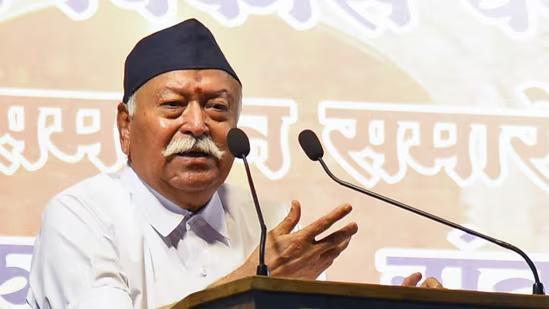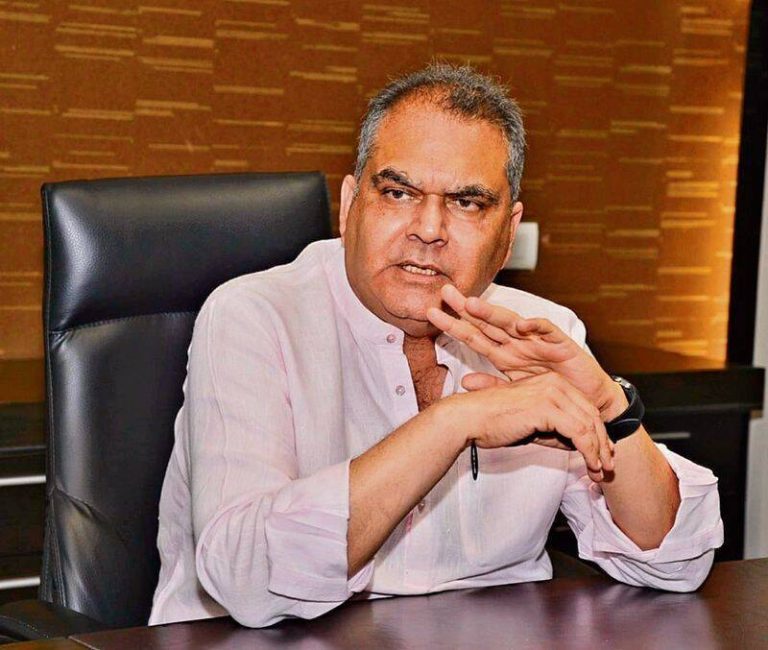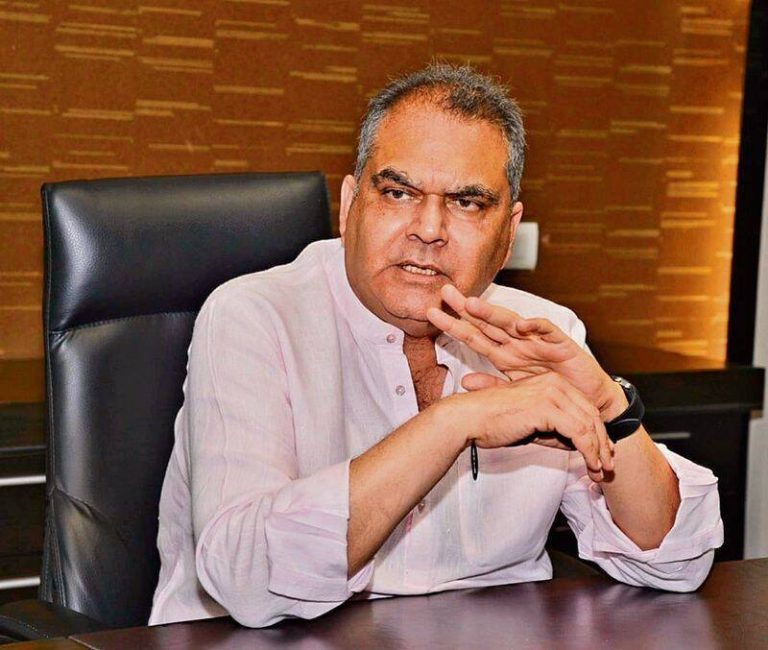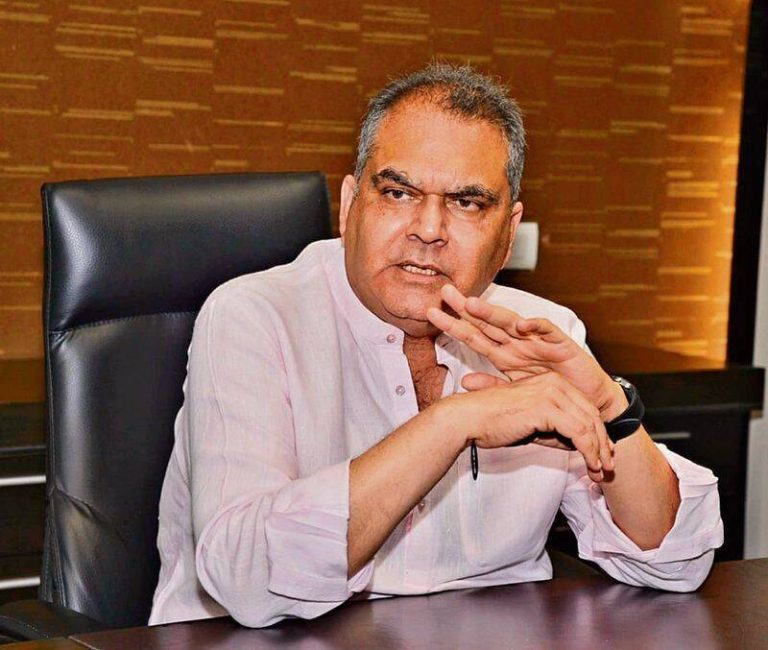
Muslims & Christians are also Hindus if they follow Indian culture: RSS chief Bhagwat
In a recent statement, RSS chief Mohan Bhagwat sparked a significant debate by redefining the term “Hindu” in a broader sense. According to Bhagwat, anyone who takes “pride in Bharat” and follows Indian culture can be considered a Hindu. This statement has far-reaching implications and challenges the traditional understanding of the term “Hindu” as being synonymous with a specific set of religious practices and beliefs.
Bhagwat’s statement was made during a speech, where he emphasized that the term “Hindu” encompasses not just a particular religion, but a way of life that is deeply rooted in Indian culture and traditions. He said, “If Muslims and Christians, even without giving up their worship, customs and traditions, worship this country, follow Indian culture…then they are Hindus.” This statement suggests that Bhagwat is attempting to redefine the term “Hindu” to be more inclusive and encompassing of diverse cultural and religious practices.
The RSS chief’s statement has been interpreted by many as an attempt to promote a sense of national unity and shared identity among Indians, regardless of their religious affiliations. By emphasizing the importance of Indian culture and traditions, Bhagwat is seeking to create a sense of common ground that transcends religious differences. This approach is in line with the RSS’s long-standing emphasis on promoting a sense of Hindu identity that is deeply rooted in Indian culture and traditions.
Bhagwat’s statement also reflects a broader trend in Indian politics, where there is a growing emphasis on promoting a sense of national identity that is rooted in Indian culture and traditions. This trend is reflected in the increasing popularity of nationalist movements and ideologies that seek to promote a sense of shared Indian identity. The RSS, as a key player in Indian politics, is seeking to shape this narrative and promote a sense of Hindu identity that is inclusive and encompassing of diverse cultural and religious practices.
However, Bhagwat’s statement has also been criticized by some as being overly simplistic and neglecting the complexities of Indian society. Critics argue that the term “Hindu” is not just a cultural or national identity, but also a specific religious identity that is rooted in a set of beliefs and practices. By redefining the term “Hindu” to be more inclusive, Bhagwat is ignoring the complexities of Indian society and the diverse religious traditions that exist within it.
Furthermore, Bhagwat’s statement has also been seen as an attempt to promote a sense of “Hindu Rashtra” or a Hindu nation, where Hinduism is the dominant religion and culture. This idea is deeply problematic, as it ignores the diversity of Indian society and the rights of minority communities to practice their own religions and cultures. The concept of a “Hindu Rashtra” is also in conflict with the principles of secularism and pluralism that are enshrined in the Indian Constitution.
In addition to this, Bhagwat also stated that India does not need an official label to be a ‘Hindu Rashtra’ because its civilisation already reflects it. This statement is a clear indication that the RSS is seeking to promote a sense of Hindu identity that is deeply rooted in Indian culture and traditions, without necessarily needing a formal declaration of a “Hindu Rashtra”.
In conclusion, Bhagwat’s statement reflects a broader trend in Indian politics, where there is a growing emphasis on promoting a sense of national identity that is rooted in Indian culture and traditions. While the statement has been interpreted by many as an attempt to promote a sense of national unity and shared identity, it has also been criticized for being overly simplistic and neglecting the complexities of Indian society. Ultimately, the debate surrounding Bhagwat’s statement highlights the ongoing challenges of promoting a sense of national identity in a diverse and plural society like India.






